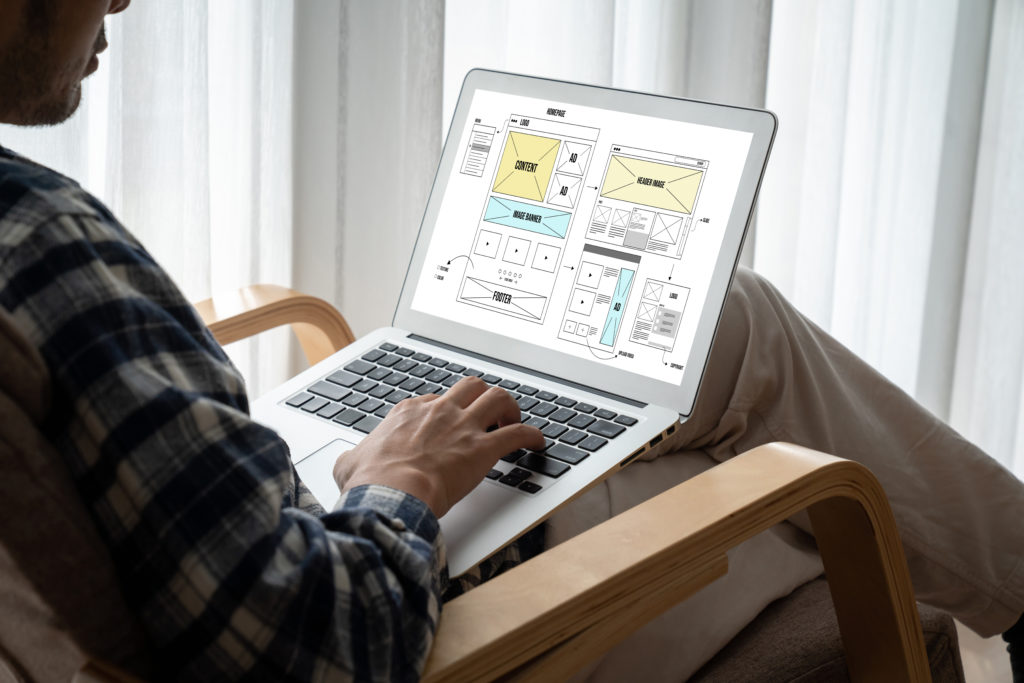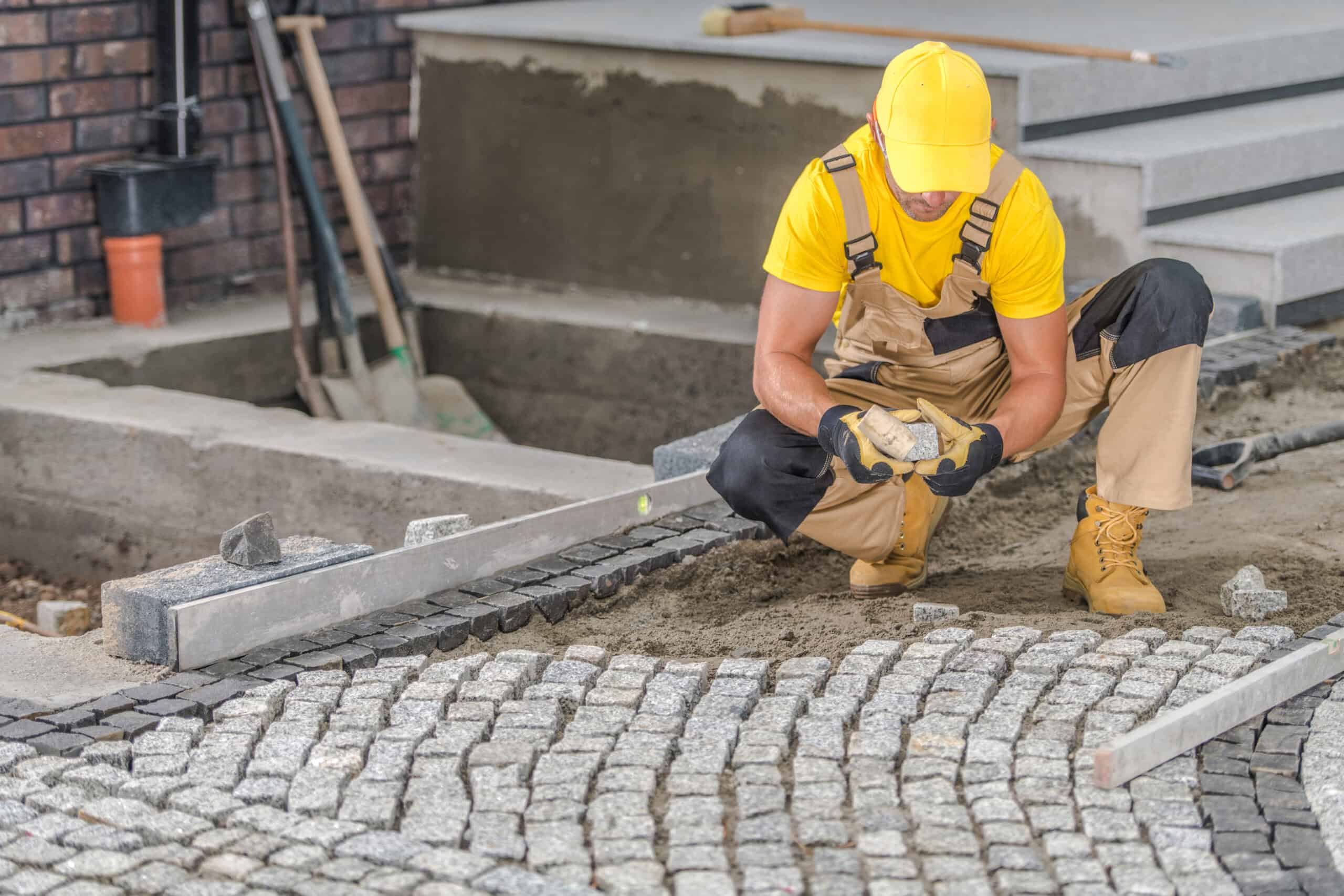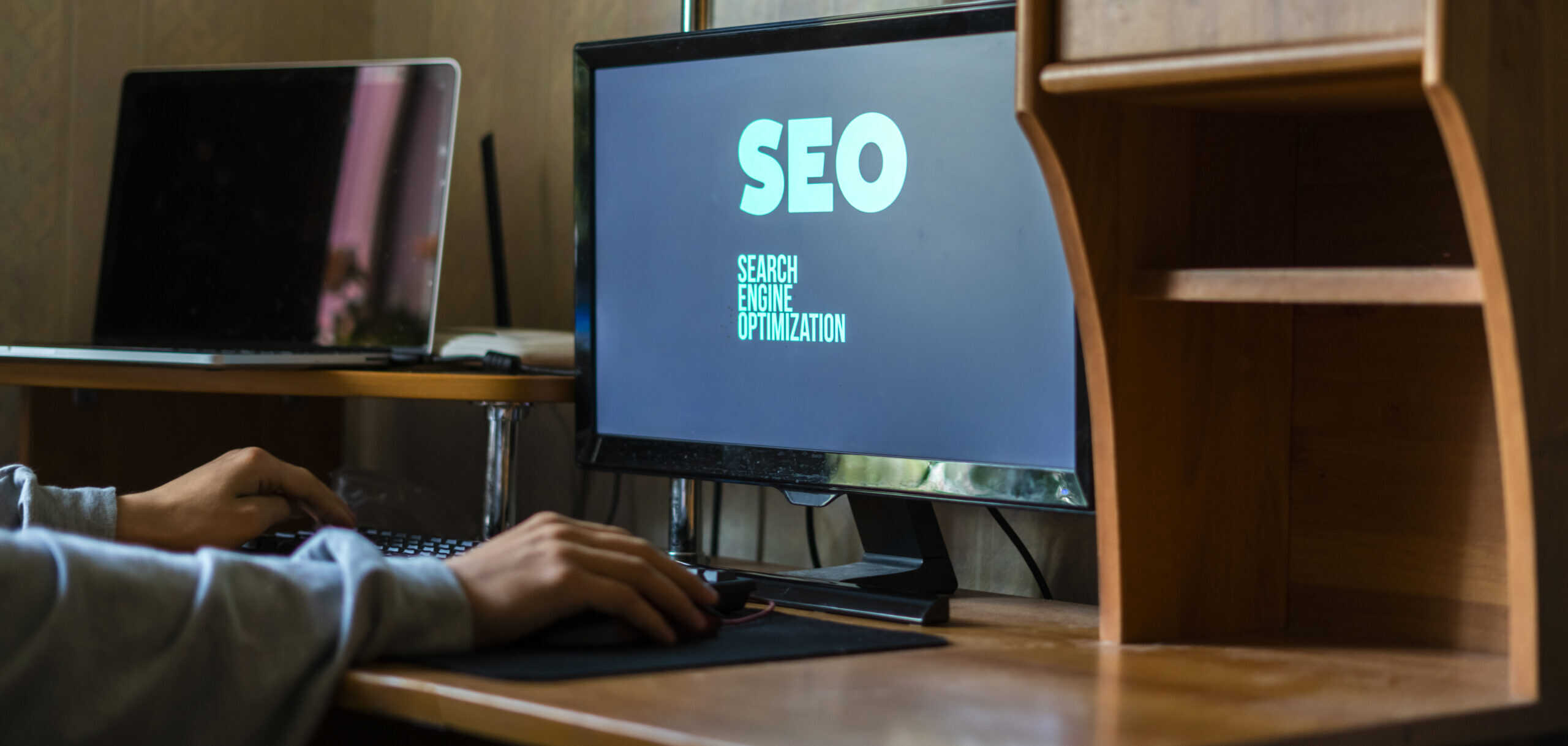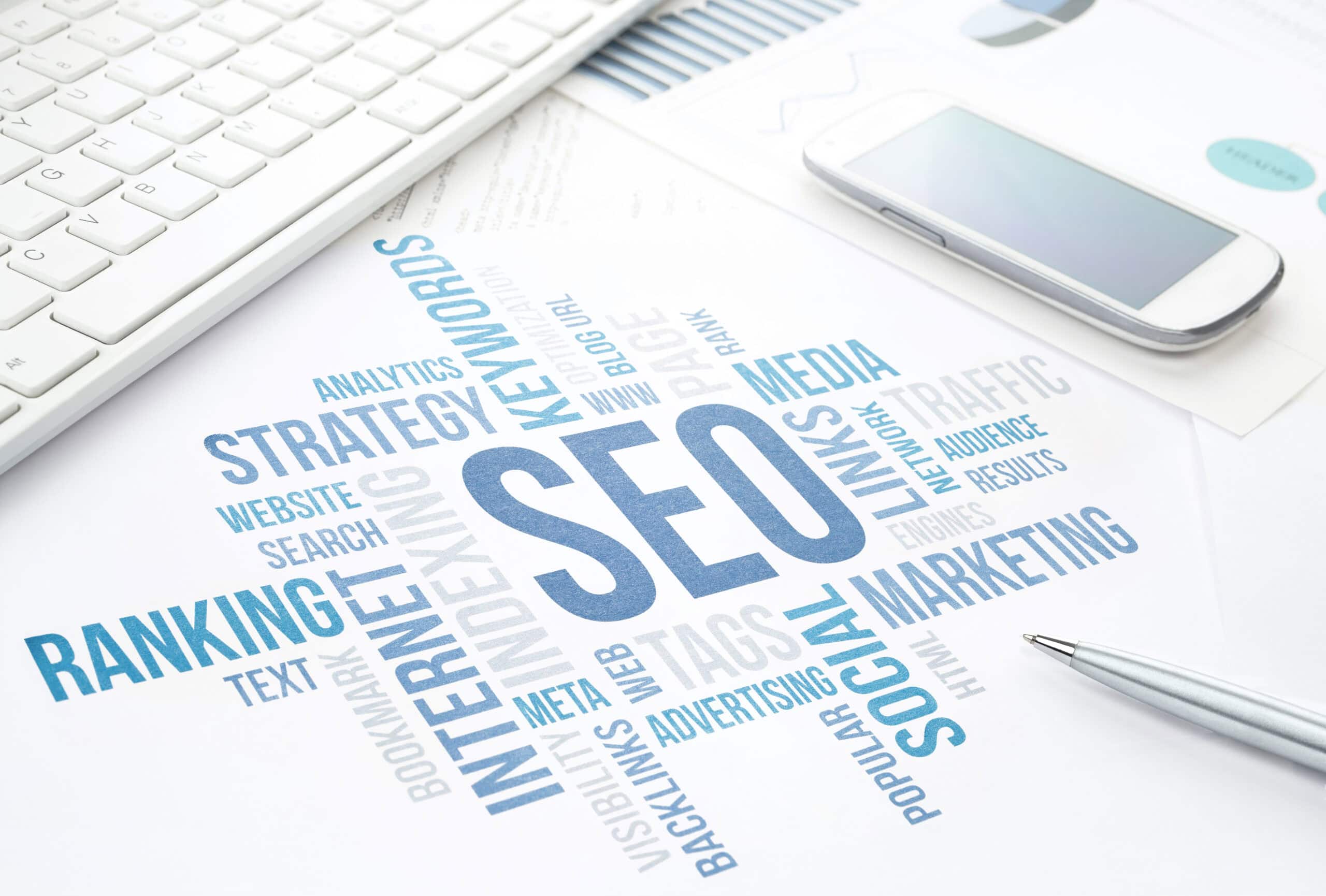Choosing a theme for your new website is important because it will determine how well your site performs, how fast it loads, and whether or not it looks professional.
There are thousands of themes available online, and choosing the right one can be overwhelming. In this post, we’ll cover ten key factors to consider when you choose a WordPress theme.
These factors are the ones that matter most. They’re also the same factors that make or break many of my clients’ sites. By following these tips, you’ll find yourself making smarter decisions faster.

1. What Type of Website Do You Want?
Before you select a theme, you first need to decide whether you want a blog, eCommerce store, portfolio, magazine, or any other type of website.
There are hundreds of themes designed specifically for each type of website. For example, WooCommerce themes are designed for eCommerce stores, while Magento themes are designed for shopping carts.
Each type of website has its own set of features, such as SEO optimization, responsive design, and mobile compatibility.
For example, an eCommerce store may include features like checkout pages, shipping labels, and inventory management tools. If you plan to run an eCommerce store, you’ll probably want to choose a theme that supports these types of features.
On the other hand, a blogging platform like WordPress doesn’t offer much beyond basic functionality. Blogging platforms don’t usually support advanced features like inventory management or shipping labels.
So, if you’re building a personal blog, you won’t need to pay attention to these details. But if you’re planning to launch an eCommerce store, it’s worth considering a theme that offers additional features.
2. How Much Time Will You Spend Building Your Site?
Building a website takes time. Before you spend hours designing and coding your site, you should estimate how much time you expect to invest in building it.
This will help you determine whether a theme is right for you. If you plan to spend several weeks building your site, you’ll probably want a theme that makes it easier to customize than a theme that comes preloaded with dozens of features.
A theme with fewer features means you’ll have to spend more time customizing it. This will slow down your development process and add unnecessary stress to your project.
3. Does Your Budget Allow for Customization?
When you purchase a theme, you typically receive a zip file containing everything needed to install the theme. However, the files inside the zip aren’t organized in a way that allows you to easily modify them.
To change the color scheme, layout, or navigation bar of your site, you’ll need to edit these.php files. Editing these.php files requires technical knowledge and programming skills.
Most themes allow you to customize the theme using a drag-and-drop interface. With this method, you can move elements from one place to another.
However, you’ll still need to understand CSS to make changes to the overall look and feel of your site.
4. Which Features Matter Most To You?
Now that you know what type of website you plan to build, you need decide which features matter most to you.
Some websites offer a wide range of features, such as SEO optimization, responsive layouts, and mobile compatibility. Others focus primarily on certain types of functionality, such as social media integration.
When selecting a theme, you need to ask yourself these questions:
• Does my website need to rank well in search engines?
• Do I need to integrate social media platforms?
• Do I want to add specific functionalities, such as contact forms, live chat, or booking systems?
5. How Much Traffic Will Your Site Receive?

Will your site receive thousands of visitors each month? Or will it be visited by a handful of people every week?
If you expect a ton of traffic, you may want to select a premium theme that has additional features designed to handle heavy loads. Premium themes often include caching plugins, which speed up loading times.
On the other hand, if you expect low traffic, you’ll probably want a basic theme that doesn’t cost much. Basic themes usually come without advanced functionality.
6. How Much Content Will Be On My Site?
Content is King. That means that the more content you add to your site, the better. However, too much content can overwhelm your readers.
A typical informational site should have between 1,000 and 3,000 words per page. This amount of content provides plenty of information without being overly verbose.
On the other hand, an eCommerce site typically has anywhere from 15,000 to 50,000 words per page, depending on the size of the store.
As a general rule, the fewer pages you have, the easier it will be to update your site. But remember that the number of pages doesn’t necessarily mean that you need to write more content.
7. How Many Pages Should My Site Have?
When building a website, you should aim for a balance between simplicity and functionality. Too many pages can confuse your visitors, and too few pages won’t provide enough information.
Ideally, you should have somewhere between five and 20 pages. Five pages is ideal for informational sites, and 20 pages is perfect for eCommerce sites.
Keep in mind that the number of pages depends on the type of site you’re creating. If you’re building a simple informational site, then you may only need three pages.
But if you’re building an eCommerce site, you’ll definitely need more than 20 pages.
8. Does the Theme Support SEO?
Search engine optimization (SEO) refers to techniques used to improve search results. These techniques include using relevant keywords, ensuring that content is easily accessible, and optimizing images.
A theme that doesn’t support SEO can hurt your chances of ranking well in search engines.
For example, if you choose a theme that doesn’t support Google Analytics, then you won’t be able to track visitor behavior.
As a result, you won’t be able tell whether or not your efforts are paying off.
9. Is This Theme Easy To Use?
The last thing you want is a complicated theme that requires hours of training before you can use it.
You don’t want to spend time learning how to customize your site when you could be spending that time writing new content.
10. Are There Any Known Issues With The Theme?

Finally, consider the number of issues reported with each theme.
Are there any known bugs? Are there any security flaws? These are questions you should ask yourself before purchasing a theme.
To be aware of these themes, you should research on the themes you are choosing.
Why Should You Choose A WordPress Theme?
WordPress is one of the most popular platforms for developing websites today. It’s easy to set up and use, and it comes with tons of features.
If you’re looking for a platform that allows you to create professional-looking websites quickly, then WordPress might be right for you.
Conclusion
Choosing a WordPress theme isn’t as easy as it seems. You have to take into account all the factors mentioned above.
If you do this, then you’ll end up with a great looking website that’s also optimized for search engines.



